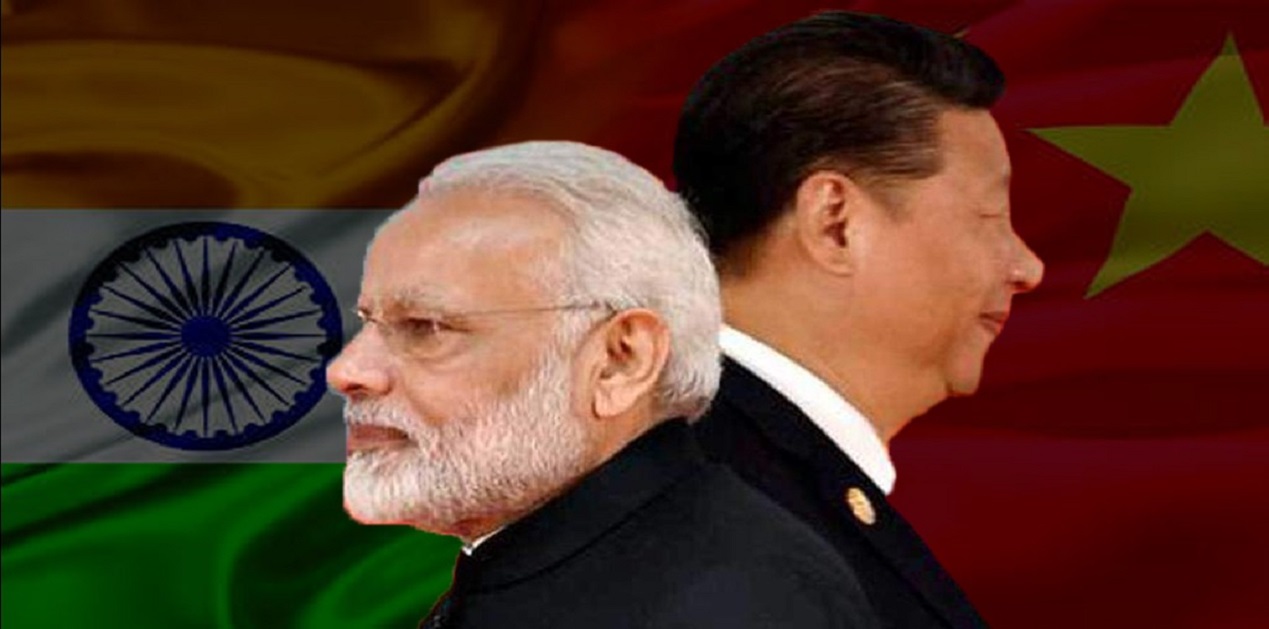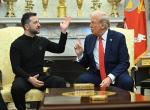News has emerged that the Chinese Foreign Minister Wang Yi will not be visiting India on the 22nd of this month as had previously been scheduled. The request for the change of dates has ostensibly been made by the Indian side. Wang Yi is the Chinese special representative for negotiating the resolution of India-China border dispute, which has been pending since the 1950s. National Security Advisor, Ajit Doval, handles the border talks for India. Prior to the rescheduling of Wang Yi’s trip to Delhi, India’s northern army commander, Lt. General Ranbir Singh, had also cancelled his trip to China.
The relationship between the two Asian giants has dipped recently after China decided to support Pakistan in its attempt to pressurise India on the Kashmir issue. On August 5th, Modi government scrapped Article 370 of the Indian constitution which granted special status to the former state of Jammu and Kashmir (J&K). China, as a veto holding permanent member of the Security Council of the United Nations Organisation, managed to force an informal closed door meet on the issue. Beijing’s enthusiasm in supporting Pakistan didn’t go down well in Delhi. Prior to this, Beijing had also proved a roadblock in designating Masood Azhar a terrorist at the UN.
The Chinese ambassador has previously stated on record that differences between the two large neighbours are bound to exist and the only workaround is to manage them appropriately. After Indian reactions to Chinese move, Beijing tried to placate India by relaxing laws which allow the sale of Indian medicines in China. The trade deficit between India and China is a sensitive issue for the Indian government. New Delhi has been pushing the middle kingdom to give more access to Indian products in its market. Pharmaceuticals is considered a big ticket item by Indian trade negotiators as India is the largest producer of generic medicines in the world. The Chinese decision to allow for the import of Indian medicines is also in line with the general direction of the relationship between the two states since Prime Minister Modi visited China for an informal summit with President Xi Jinping In Wuhan in April 2018.
Prime Minister Modi and President Xi Jinping are understood to have discussed the ties between the two countries from ‘long term and strategic’ perspective in Wuhan. The two countries also agreed that “proper management of the bilateral relationship will be conducive for the development and prosperity of the region, and will create the conditions for the Asian Century”. The wording of the statement after the Wuhan summit and the actions of the two countries thereafter suggest that the two sides agreed to improve bilateral relations gradually without attempting drastic changes in their foreign policies, which anyway would have been difficult to achieve. Also, the two sides agreed to keep the border peaceful.
In keeping with the agreement, India quietly downgraded its involvement in the US-led Quadrilateral Dialogue Initiative (Quad), aimed at building a security architecture in the Indo-Pacific region. The Indian Navy chief told the American Indo-Pacific commander, Phil Davidson, earlier this year, that the ‘Quad’ could not have a military role in the near future. China was concerned that the US-led initiative was an attempt to contain its growing influence. At the same time, India has refused to cede its space in its neighbourhood to Beijing. Under PM Modi’s ‘neighbourhood first’ policy, India has reinvigorated its relationship with Sri Lanka, Bangladesh, Maldives and, to some extent, Nepal. In Maldives specifically, India has given aid to the country’s government to the tune of $1.4 billion to relieve it from debt, a sizeable portion of which was owed to China. This is expected to help India regain its influence in the archipelagic state and counter increasing Chinese influence there.
On the positive side, the Chinese have reciprocated by giving more market access to Indian products. China has allowed import of medicines, non-basmati rice and other commodities from India. Moreover, Beijing has also proposed a 2+1 format of economic activity in the Indian neighbourhood to allay Indian fears. China and India would represent the number 2, while the recipient country would represent 1 in this format. Such cooperative framework was first proposed in Nepal and thereafter in Afghanistan where the two countries are jointly training the country’s diplomats.
Although, under the ambit of the Wuhan agreement, India is expected to understand the Chinese need to prop up Pakistan, owing to the longstanding ties between the two countries, the support given to India’s hostile neighbour after Delhi’s decision on Article 370, was clearly disproportionate. The Indian reaction to Wang Yi’s visit is therefore along expected lines. However, short term anger bursts are unlikely to solve the longstanding structural problems between the two countries. The Wuhan summit had raised expectations of genuine rapprochement between China and India, but New Delhi now needs to analyse coolly if it is getting the short end of the stick. India has let go of its blossoming security relationship with the US to placate China. That has not given New Delhi the benefits it sought from Beijing, which clearly remains hostile to Indian interests. At the same time, India’s bilateral trade deficit, despite encouraging signs, remain unsustainably high. This was pointed out, most recently, by Foreign Minister S Jaishankar in Singapore where he criticised China for its protectionist policies and unfair market access.
At the moment, the Government of India seems to be going ahead with its policy of economic engagement with China. The sixth strategic economic dialogue between the two countries took place in Delhi on 9th September where the participants vowed to deepen cooperation. That should not distract India from taking its eye off the larger geopolitical game though.
When Prime Minister Modi met President Xi Jinping on the sidelines of G-20 summit meeting in December last year, the two leaders agreed that there was a perceptible improvement in relations between India and China due to the Wuhan agreement. Unfortunately, the Chinese move, after the scrapping of Article 370, has taken the two countries back to square one. When Foreign Minister Wang Yi eventually travels to India and also when President Xi Jinping himself makes his reciprocal visit to the country next month, India will need to do some hard talking on the issue. Forward movement in bilateral relations is unlikely to yield results if Beijing and Delhi keep taking potshots at each other at regular intervals. Moreover, if Indian diplomacy is failing to get its way in Beijing, perhaps it needs to have a fresh look at its approach.
(Rajesh Soami is a geopolitical analyst who writes on global developments from Indian perspective.)
(The paper is the author’s individual scholastic articulation. The author certifies that the article/paper is original in content, unpublished and it has not been submitted for publication/web upload elsewhere, and that the facts and figures quoted are duly referenced, as needed, and are believed to be correct). (The paper does not necessarily represent the organisational stance... More >>
Image Source: https://postcard.news/wp-content/uploads/2019/09/india-china.jpg











Post new comment